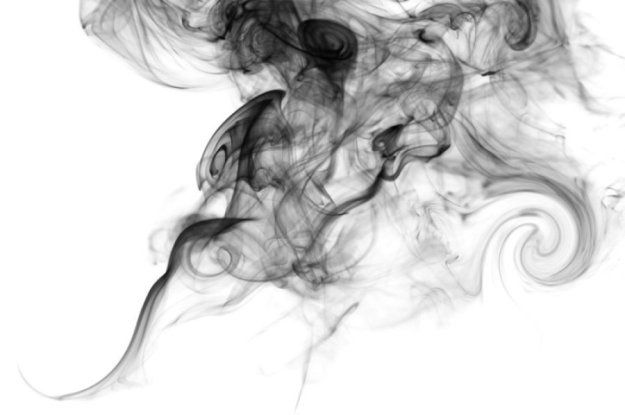So, this is the final of the Wisdom of Story reflections after working through this course with Brené Brown and Glennon Doyle Melton (reflection 3 is The Rules which is more of a poetic reflection on the content) and it ended with a profound challenge: what is a community challenge or a global story that you want to write yourself into? This was a hard question because it forced me to think of what are the things going on in my community and in the world, that breaks my heart and to pay attention to that. Where I ended up was highlighted by several conversations I have had over the past weeks and I think it is an area where I need to spend some time both reflecting and creating opportunities to imagine a different big story.
There are so many places where I have seen a growing cultural anxiety paired with malaise in the church, in the communities around us and in the nation. There are so many pieces of this: I believe that we have become addicted to anxiety, almost like a drug, by the continual presence of news and information constantly throughout our lives. Anxiety sells even if it is not an accurate representation of reality- news programs present the worst aspects of the world continually before our eyes and we believe we no longer live in a safe place, even though statistically we are significantly safer than 20 years ago. Like many I have gone through our current election cycle with a bad taste in my mouth because of the ways the candidates have been portrayed. While character matters when elections become primarily about tearing down another person’s character or even demonizing one’s opponent we all lose. I am dismayed by the loss of civility in our public square, where one whose ideas may be different from our own are not only dismissed out of hand but may even be considered ‘un-American’ and in a digital age it is easier to become a troll out to destroy the other person. We live in a polarized and anxious world where there is less of an American dream and more alternate versions of an American nostalgia for a time and place that never truly existed. We become so consumed with work, with taking care of ourselves, with the desire for the next new thing that never quite satisfies that I’m not sure we know what a good life looks like.
That is a huge bundle of tightly wound knots and so how do I begin to untangle it? Well for me it begins with understanding so I can try to imagine a different story. There is a self-reflective component: It will mean thinking critically on my own life and its incessant business and what a good life means for me. There will be a time to listen to other people’s stories and their fears and concerns as well as their hopes and dreams, which is one of the gifts of what I do. As a reflective person, it will also mean that I go back and ask questions both in reading and research but also to question some of the narratives I hear around me. Honestly not sure where it will ultimately go or look like but I’ve got lots of questions and I’m curious enough to see where they might lead.










